Frederica Freyberg:
Thank you very much for taking your time. You’re a busy person.
Megan Morrisey:
Thank you for having me.
Frederica Freyberg:
So, I wanted to ask you, what have you seen with this new fast-tracked process?
Megan Morrisey:
We’ve seen an increase of individuals emailing us, placing phone calls to us, wanting to find out if they now are eligible given the Executive Order 130, as well as the expansion of the eligibility standards.
Frederica Freyberg:
And already you are running a very busy clinic around pardons and expungements including a mobile legal clinic that you literally take to the streets. Describe for me what it is you do.
Megan Morrisey:
So, I’m the coordinator of the Mobile Legal Clinic, and the Mobile Legal Clinic was purchased in honor of Mike Gonring by Julianna Ebert and Frank Daley. This is a mobile unit detailed to be a law office on wheels, and we take this law office on wheels to isolated and marginalized neighborhoods throughout Milwaukee where needs are concentrated. We bring lawyers and law students who work collaboratively in teams for brief legal advice, filling out forms. We’ve printers on the mobile, so we’re able to print off documents, notes that memorialize what was discussed during the legal consultation are given to the client as they exit off the bus. Now, currently, in COVID times, we are hosting MVLC, or Marquette Volunteer Legal Clinics, where we provide brief legal advice still with volunteer lawyers and volunteer law students over Zoom, and that’s also how I’m hosting the Expungement/Pardon Clinic. This was a clinic that I created in 2019 to address a significant issue that I saw in the community with individuals who were coming to us for civil issues but had also expressed issues of having long criminal records.
Frederica Freyberg:
And how important is it to these clients that you see whether in the community with your mobile unit or otherwise via Zoom or in other settings, how important is it to these people to get help with pardons and expungements?
Megan Morrisey:
It’s huge. Having a criminal record, even a single conviction of misdemeanor or felony on your record impacts unthought of facets of your life. The big ones is it creates a large barrier to employment. Certain applications have a box that literally says, are you convicted of a crime? Well, that may be very confusing to some because I was convicted, but I was able to get expungement, but I haven’t gotten expungement or yes, but I want to get a pardon on it, or it’s been so long. So, there’s a lot of confusion around that but also having a criminal record and a criminal conviction impacts advancement in careers, education. Are you eligible for financial aid? And are you even able to complete the curriculum? A lot of times, we see people that say I want to become a nurse or I want to complete some type of therapy curriculum, but I can’t do the clinicals because I don’t pass muster.
Similarly, individuals who have criminal convictions, particularly felonies, find themselves really having a difficulty securing safe and sustainable housing. They sometimes are ineligible for certain supportive benefits to find housing, and so, it can impact huge areas of your life, but then it also impacts areas that you won’t even imagine, like your ability to have a side job of driving a car with Uber or Lyft. If you have a felony conviction and certain felony convictions, they won’t extend you the contract to be a driver to have that side hustle that sometimes people really want to have. Similarly, with Airbnb and VRBO, if you have certain convictions on your record, you may not be able to use their rental properties, so we have a huge list that we put together – a law student intern and myself – that really is examining how does a criminal conviction, the collateral consequences of that criminal conviction impact one’s life?
Frederica Freyberg:
Did the floodgates really open when pardons and expungements in Wisconsin became available again with the new administration?
Megan Morrisey:
Yeah, well, I can share with you that for the previous eight years under the prior administration, there wasn’t even a pardon advisory board and panel. So, individuals that we currently are helping now have stated that they reached out. They filed a pardon form that they found on the web asking for clemency, and they filed, and it was immediately mailed back to them stating that there wasn’t a Pardon Advisory Board to even receive that application. So, now with the current administration, there was a huge groundswell of people after it was put in place that a Pardon Advisory Board was going to be impaneled and they were going to start to hear pardon applicants. That was also in 2019, a huge reason why I was like, let’s start a clinical program where we can provide legal teams to help people navigate the system.
Frederica Freyberg:
What kinds of convictions are most usual for people seeking pardons and getting pardons?
Megan Morrisey:
So, I can’t say that there is a typical type of conviction, but for a pardon, you can only seek a pardon on a felony. Misdemeanors aren’t eligible to be pardoned because you don’t lose your civil rights as you do with a conviction of a felony. But when we’re looking at felonies, there isn’t, or there hasn’t been a bright-line rule coming from the governor’s office that they won’t consider this type of felony. In fact, we’re helping people on a whole host of different felonies. Some of them aggravated, some of them not aggravated. There really isn’t a bright-line rule that you can’t apply because of a certain felony. The only real bright-line delineation that says you aren’t eligible is the time, of course, five years post the last day of your sentence. But you cannot be currently on the sex offender registry. If you’re currently having to do annual reporting on the sex offender registry, you’re ineligible to apply for a pardon.
Frederica Freyberg:
Is there something of about victimless crimes that get more attention from the pardon board or the governor?
Megan Morrisey:
No, I mean, I don’t think – they really examine eligibility and scrutinize and review and go through every page that’s submitted on all types of crimes. I don’t think any particular application gets priority. They haven’t prioritized anything due to the classification of the felony. I think they’re – I truly believe they’re all treated equally, and each application is seen to stand alone.
Frederica Freyberg:
What is it like for you and your colleagues doing this work when you speak with a person at length seeking a pardon and then go through that process with them, and then it’s granted?
Megan Morrisey:
We just recently had a situation where a gentleman that I worked directly with was granted a pardon, and I can tell you it was a momentous, joyous event. It was one that was celebrated by law students and lawyers who worked directly with this client, as well. This individual, he no longer lives in Milwaukee. He lives in Chicago. His name is Curtis. He approached me at a local panel that I was doing with the pardoning board to get the word out about pardons and other conviction removal opportunities. He approached me after the panel, and he and I talked, gosh, probably an hour, and I- he said, I have my pardon. I did it. I finished it myself, but I would like a lawyer to look at it. And I said, I’m a lawyer. I have time. I’ll be happy to look at it. So, he and I went through his pardon together, and he submitted it. He gave me his cellphone number. We would text each other. We would keep in contact. There was a long wait period, and his was a drug offense. It was a non-aggravated, older, non-personal victim conviction. And he and I would text and check in with each other, and I would text him periodically. Have you heard anything from the pardoning board? No, have you? No, I haven’t heard anything, and finally, he was granted his hearing in May, May 9th, actually, and he met with our legal clinic. He came up from Chicago, and I put together law students and volunteer lawyers, and we gave a mock pardon hearing to him. So, two days before he was going to be presenting himself over Zoom in his pardon hearing, we were able to say, Curtis, talk to us about your crime and he was able to practice talking about a time that was extremely traumatic in his life that in fact he had tried to bury and put beyond himself because he was going forward in his life and it was really an opportunity where the law students could ask questions, the lawyers could ask questions and it gave him a practice run. You aren’t afforded an attorney when filling out a pardon application. Individuals have to do it on their own or they could always hire an attorney, making my clinic so much more even important that we provide these free legal teams to help people walk through their pardon journey. We provide initial pardon reviews where we start going through the pardon application with individuals. And then, we offer final pardon reviews where they can come back to us either finishing it on their own or after they’ve collected letters of recommendations, certificates, and the other court documents that need to accompany the pardon application. The lawyers will go through it and say, yup, looks good. This is where you mail it. This is where you mail the notifications that have to go to the district attorney’s office. This is the where you mail the notifications for the judge, and the person can feel that they’ve hopefully put together a comprehensive application. Then, again, like we did in Curtis’s case, we also provide mock interviews for individuals who are going to be getting a hearing.
Frederica Freyberg:
Wow, it’s a lot of work and a lot of people seeking your help in this way. What is the difference between a pardon and an expungement?
Megan Morrisey:
It’s a really good question, and it’s a question I answer a lot. So, they’re two separate things. I’ll start with an expungement first. Expungement is allowed for through 973.015 under the special disposition statute in the Wisconsin statute system. So, in that statute, an individual who is convicted of a crime has to be under the age of 25. Meaning that they haven’t obtained their 25th birthday at the incident date. So, the time of the crime, not when they’re pleading guilty but at the time of the incident, they cannot have, I always say is, blowing the candles out on their 25th birthday cake. So, 24 years or younger. Similarly, the judge at the time of sentencing has to articulate and state on the record that they find the defendant at sentencing eligible and order the expungement at sentencing. And they have to complete whatever the sentence is. So, most sentences will always have an end portion of probation or extended supervision. So, either the individual is sentenced immediately to probation, that term of probation would have to be successfully completed. Meaning all conditions being satisfied as well as not being revoked or terminated from that probation. Similarly, if you’re sentenced to prison, there’s built-in out time or extended supervision time. That extended supervision time also needs to be completed without being revoked or terminated, and all the conditions that were supposed to be completed and ordered to be completed during that extended supervision time must be completed. So, the successful completion is really hard. And especially if restitution is at issue, if the person is struggling financially to pay supervision fees, but also court costs and if those court costs are ordered as a condition of that probation, that person even though they may discharge from probation, haven’t picking up another case, doing all the other conditions, it may be that the money is what stands between them and being classified as successfully completing that probation. Expungement after July 1st of 2009 extends to all misdemeanors class A, B misdemeanors, and to the low-level felonies of class H and class I. So although pardons go to felonies, expungement can go to the lower-level felonies of class H, class I. So, forgery, uttering and some lower-level drug offenses are eligible. So, what expungement actually does, though, if, let’s say, all things are in the positive and have gone really well for an individual that conviction is still there. It doesn’t vacate the conviction similarly with a pardon. Pardon doesn’t vacate the conviction but what expungement does is it takes it off of CCAP. It also seals the record. Physically sealing the file in the clerk of court’s office so that nobody can go into that file and retrieve documentation, read what the governmental complaint says. It effectively seals it from public view both on the computer and physically. So, that’s what expungement does.
Pardon, on the other hand, only applies to felonies. Pardon is not through the statute, but rather it’s afforded to the governor through Wisconsin State Constitution. Article 5, Section 6 says that the governor has pardoning power. He has the power to enable, you know, in effect put together a pardon advisory board and then delegate the duties to that pardon advisory board to determine who is eligible and deliberate on who they then will refer to the governor for final signature. A pardon does not take it off of CCAP. So, a pardon will still be viewable by individuals on CCAP, but what will happen is CCAP will put up a pop up that states that this individual was granted a pardon by the governor, which extends forgiveness and also reinstates the individual’s civil rights and some privileges but again, it doesn’t vacate or actually take away that conviction.
So, we get a lot of phone calls from individuals saying, hey, I received the pardon. What does this mean? What do I say on an application? Or, I received an expungement. How do I fill out this application that’s sitting in front of me? I answer those questions a lot and what I say is, well, you received an expungement, but that doesn’t mean it was vacated. It wasn’t a vacatur, which is another vehicle in the statute. You still are convicted but somehow, try to alert them that, in fact, you received an expungement. That’s why the movement “Ban the Box” on applications occurs because a lot of applications just ask, have you been convicted of a crime? Well, even for individuals who’ve been extended expungement and pardon, they have to say yes, but there’s not an opportunity if it’s just a check box and who fits into a check box, right? They can’t explain that, no, but I got a pardon. So, what I also tell clients if they get a pardon, and this is what I shared with Curtis, the gentleman who we helped get a pardon, if you get a pardon letter from the governor, you got to go make 100 copies of it, photocopies of it and go get the original laminated, and sure enough, he did.
Frederica Freyberg:
So, you do this work tirelessly and teach other people how to do this work. How important is it in your mind in this community and across the state that this is now afforded to people?
Megan Morrisey:
It’s really important. It’s amazing that people, I think, who have felony convictions, even misdemeanor convictions on their record, having that label of convicted of a crime. It has a psychological effect on an individual, and they literally make life changes. They forego aspirations with careers, with endeavors that they may have wanted to do. They may have seen themselves as pursuing education to become a engineer or, you know, whatever, but it derails their life, and as we mentioned earlier, it impacts their life in a whole host of facets. This work is extremely important, and it’s really interesting that the volunteers have really risen to the occasion. So, I initially, in 2019, when I started the clinic, I reached out to those who I knew, and so I reached out to fellow public defenders to help me. I said, hey, I’m starting this expungement/pardon clinic. Will you come with me at that time on the bus? We’ve traveled with me. We partnered originally with the Milwaukee Public Library system, which has been a fabulous partner. Will you come with me to the library and help people find out if they’re eligible for pardon or expungements and we did it on like a weekly or bi-weekly time and we would be in the community specifically addressing those issues. Then, the clinic started to get bigger and more consistent, and I was like, I need to extend to more of the legal field, and so we – we actually went for a grant and was given a grant through the Assigned Corporate Counsel, their public justice and pro bono fund, and we ended up taking on some corporate counsels. They would visit with clients and go through eligibility standards and help write letters of expungement requesting expungement to the court as well as fill out pardon applications. And now I’ve reached out to Godfrey & Kahn here in Milwaukee, and the response has been so positive. I truly think that you can’t not be affected and change with your idea of what or who a felon is if you sit with somebody and learn of their journey, hear their story, and your problem solving and answering these essay questions that the pardon application asks and what’s really amazing is it’s such a collaborative effort. It’s literally the pardon applicant’s words. It’s just eliciting and trying to get that narrative out and putting it on paper. Again, the pardon application asks an individual to discuss the worst time in their life, probably a time when they were facing a mental health crisis in the throes of a drug addiction or even homelessness. So, if they can have counsel to help navigate recalling that difficult time, that pardon will really highlight and shine for that individual. I will try to always have two law students paired up with a lawyer, sometimes two lawyers and one law student will take the notes and memorialize what’s discussed in the meeting, which is really important because it’s the details of how you would want to answer this question if the person maybe isn’t in a position at that time to answer. So, the notes are really important, and one law student is in charge of that. Then, the other law student is there to literally dictate and write and edit what the application says and look addresses up and looks at, you know, do certain research. So, it’s a huge collaborative effort, but the main person in those meetings is always the individual who’s seeking the pardon or the expungement.
Frederica Freyberg:
Alright, I think we leave it there, Megan Morrisey. Thank you very much.
Megan Morrisey:
Thank you.
Search Episodes
News Stories from PBS Wisconsin

Donate to sign up. Activate and sign in to Passport. It's that easy to help PBS Wisconsin serve your community through media that educates, inspires, and entertains.
Make your membership gift today
Only for new users: Activate Passport using your code or email address
Already a member?
Look up my account
Need some help? Go to FAQ or visit PBS Passport Help
Need help accessing PBS Wisconsin anywhere?

Online Access | Platform & Device Access | Cable or Satellite Access | Over-The-Air Access
Visit Access Guide
Need help accessing PBS Wisconsin anywhere?

Visit Our
Live TV Access Guide
Online AccessPlatform & Device Access
Cable or Satellite Access
Over-The-Air Access
Visit Access Guide
 Passport
Passport





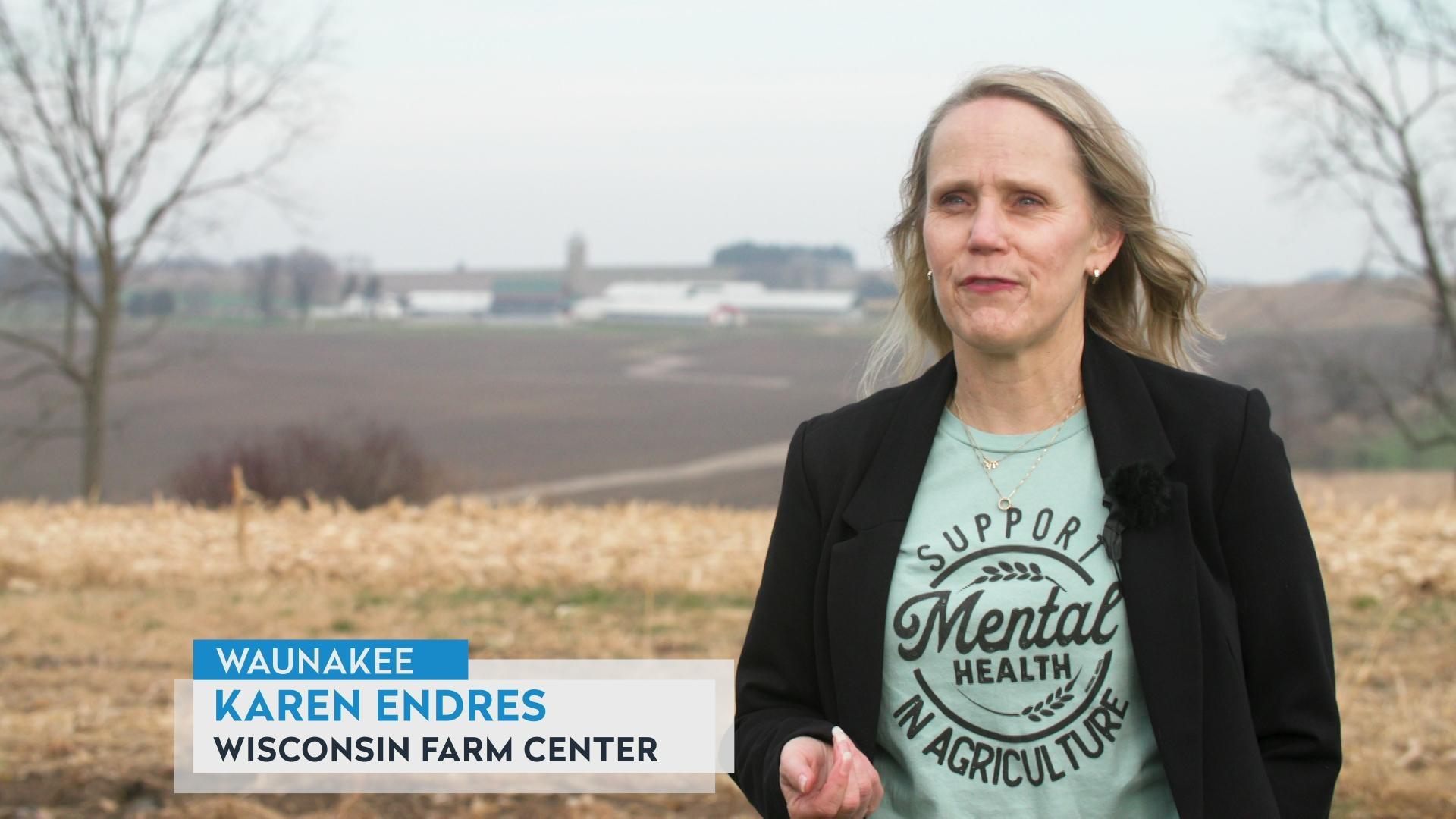
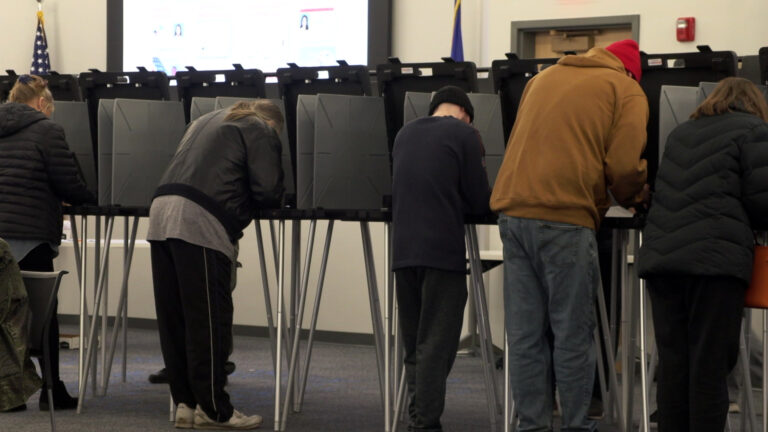
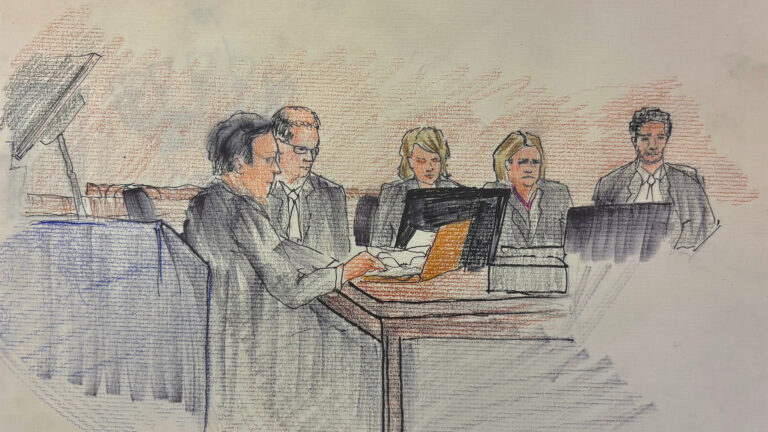
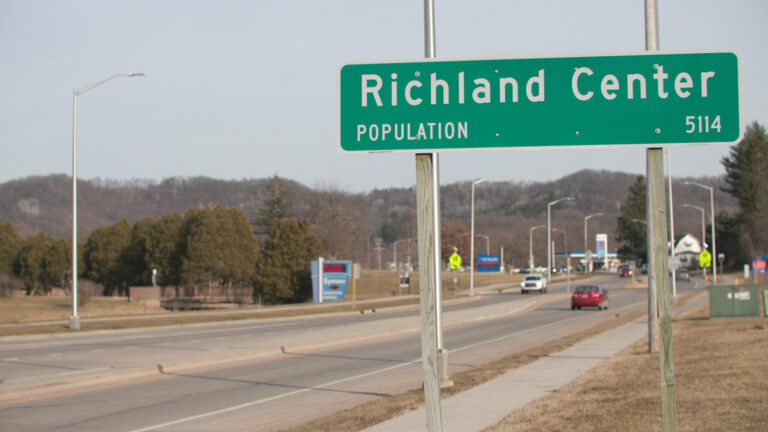
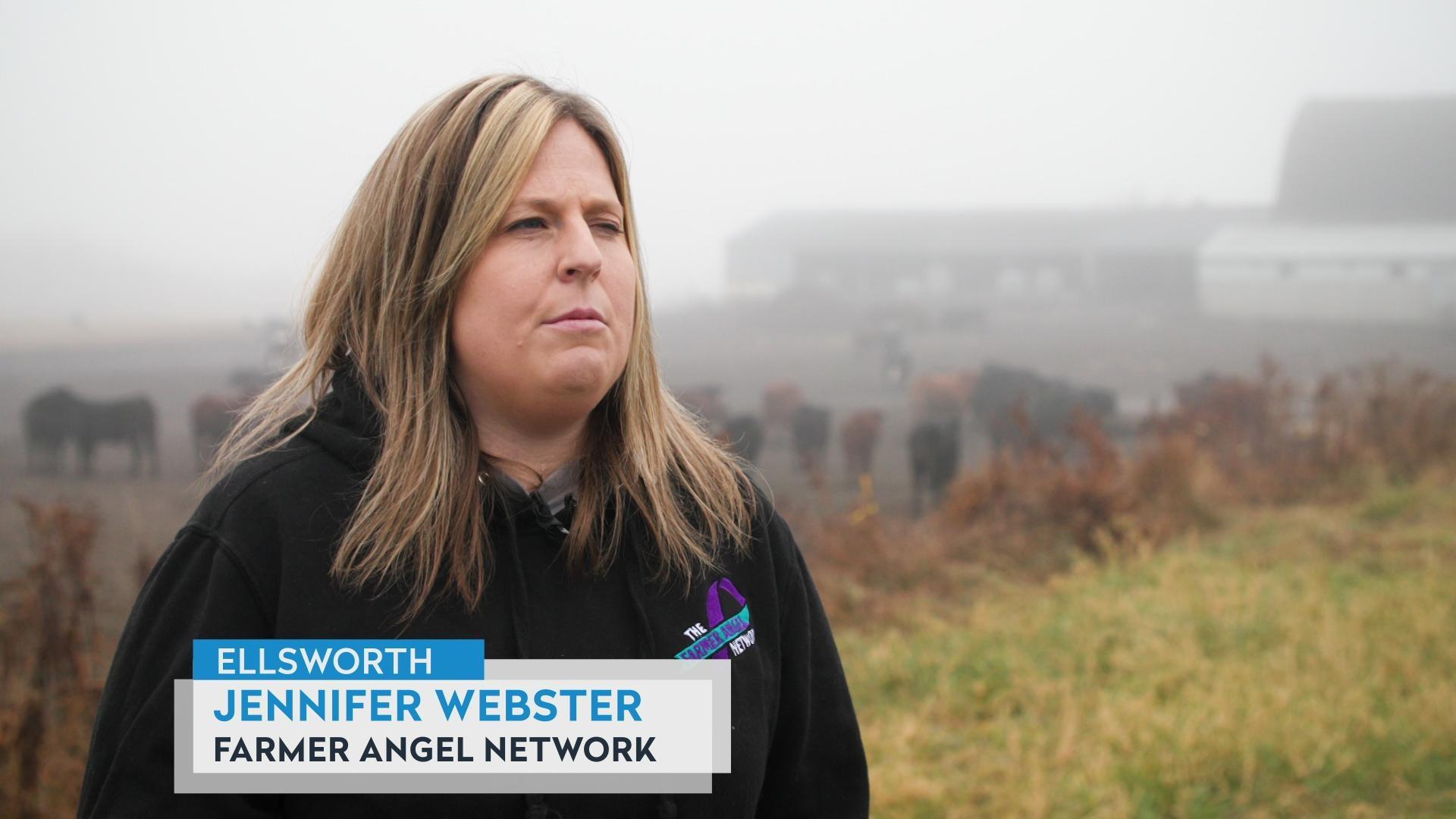
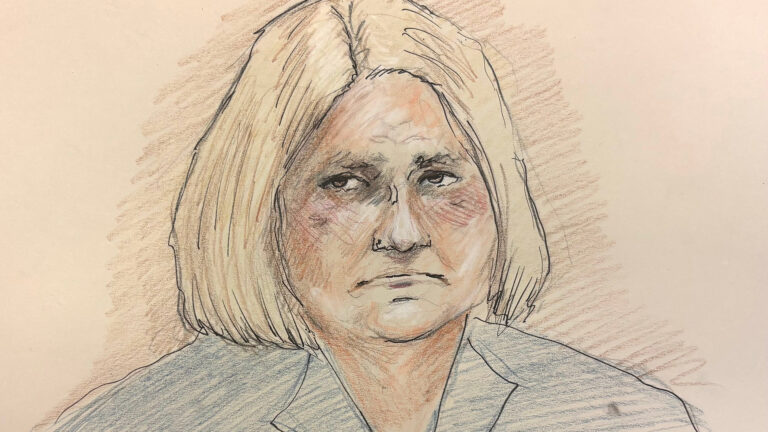
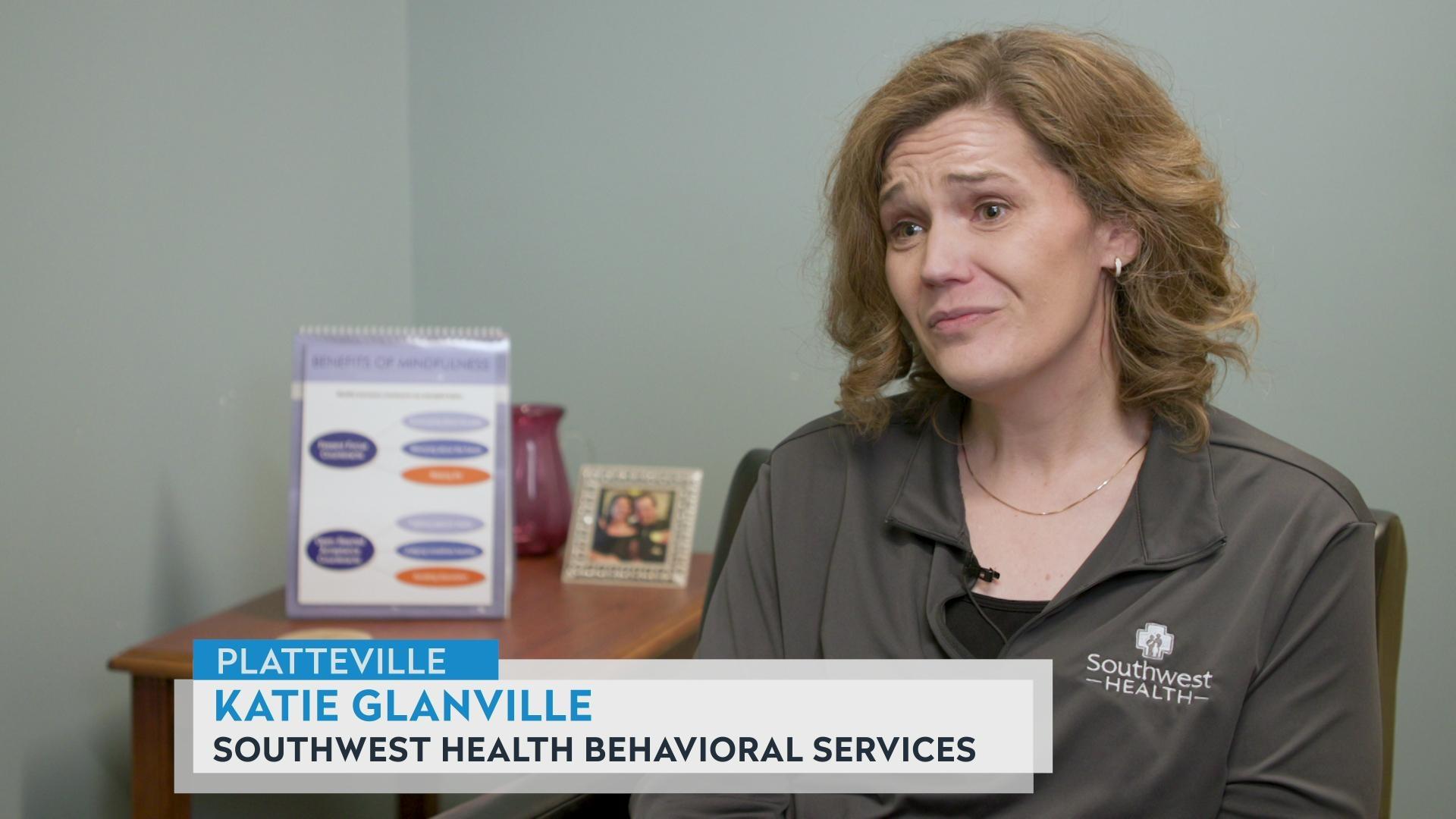






Follow Us